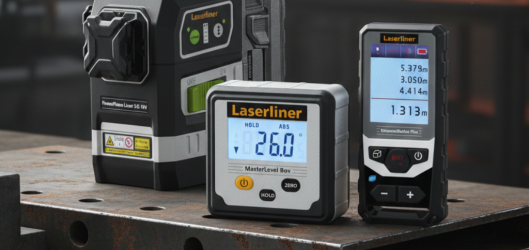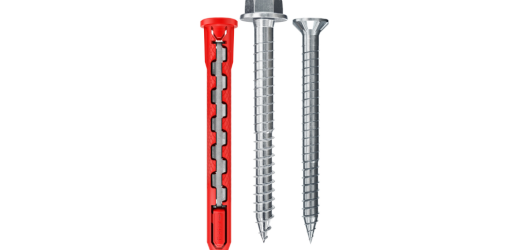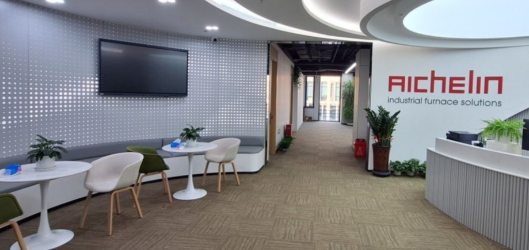
Greater collaboration - but not handouts - between government and the manufacturing industry can boost the wider economy and help tackle manufacturing decline, argues the CBI...
The contrasting fortunes of the steel and automotive sectors have emphasised how collaborative relations between government and industry can mean the difference between turmoil and prosperity.
That was the pitch of the Confederation of British Industries (CBI), which has called on the government to create a modern ‘Industrial Strategy’ to boost the UK’s manufacturing sector and reverse its long term decline.
CBI Director General Carolyn Fairbairn has called for greater cooperation between business and government to embrace and capitalise on opportunities and trends, including in digital. The development of relevant skills and recruitment for the sector is also an area in need of work, as well as managing energy costs and encouraging more funding for R&D.
Fairbairn has argued that manufacturing’s wider positive impact on the nation’s economy includes supporting high skilled jobs outside London and diversifying the UK’s economy to make it more resilient in the face of economic knocks.
The CBI pointed to contrasting examples in the world of manufacture: between UK steel’s turbulent fortunes and the rise of the automotive sector, reporting “record productivity, production and sales”.
Fairbairn said: “Steel gives a sharp example of where we didn’t think long term. Where the answers didn’t come until it was too late.
“Yet the automotive industry provides the evidence that a clear, collaborative approach works. The industry came together, identified barriers holding back its productivity and put its top three proposals to Government.
“Government acted and deserves great credit for doing so. And the results have been astounding. Productivity in this sector is now twice the national average. Last year, UK new car sales hit a ten-year high.
“Modern Industrial Strategy isn’t about ‘handouts’ for business. It’s an investment in our future competitiveness which will pay dividends in sales, exports, jobs and livelihoods.
“Let’s help other sectors to do what we’ve already seen in automotive and aerospace. Let’s scale-up this approach. And deliver long term results by 2030.
“The Business Secretary’s talked about an “open door” policy on government and industry working together. I’m sure firms – including our great manufacturers – will be queuing round the block.”
The CBI pin-pointed three areas holding back manufacturing:
- Skills: “I recently asked CEOs from across our manufacturing sector what worries them most about the future of UK manufacturing. It was this problem they raised first – our ability to enthuse and train the next generation. When you say ‘manufacturing’ to people today – most people still think of hard labour and oil-stained clothes, not fighter jets, driverless cars or 3D printing.”
- Energy: “For our largest users – electricity prices are still about 80% higher than the European average – double the cost of the USA. This has caused real headaches for our foundation industries.”
- R&D: “In 2014, the Government’s contribution to the UK’s total R&D spend was the lowest of the G7 economies – just 0.49% of GDP. In 2013/14 Innovate UK’s budget was just 0.03% of GDP. Is that really the best we can do? Numbers so small they round down to zero? This investment matters.”
Find out more about the CBI’s Industrial Strategy at news.cbi.org.uk
This article was first published in Torque Magazine.



